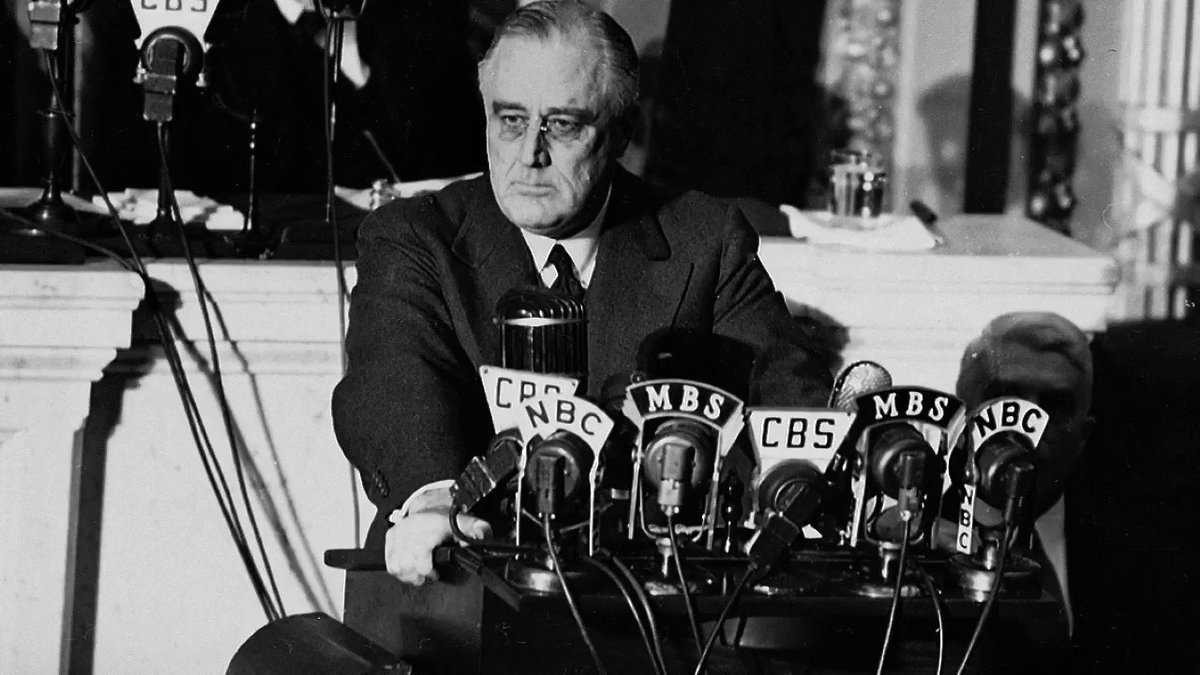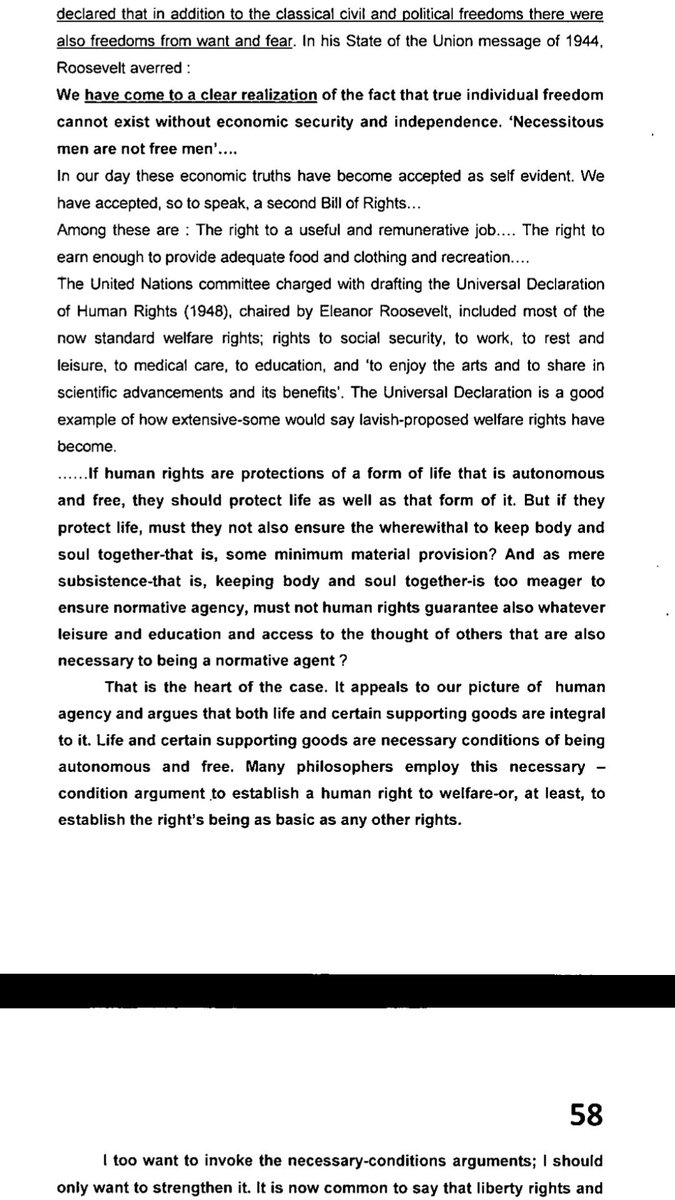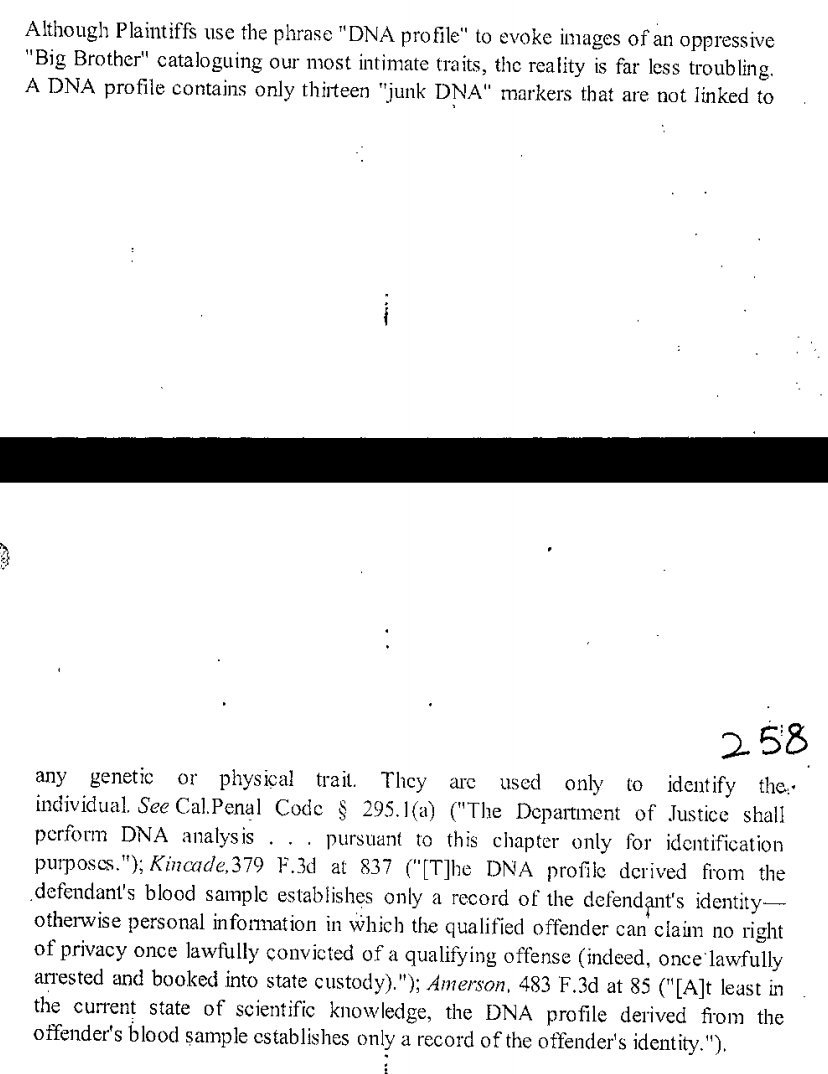Attorney General K.K.Venugopal, appearing on behalf of the State will commence his arguments.
Many countries have already implemented unique identity systems. Cites "identifications for development" report of world bank
AG goes into security aspects of Aadhaar. Says CEO of Aadhaar has a PowerPoint presentation explaining all technical and security aspects of Aadhaar. He will be able to answer all questions related to aadhaar
CJI says that they want to hear the legal contentions first, especially on Privacy and anonymity. Also says he wants to hear about virtual mass surveillance.
Cites Munn v. Illinois.
J. Bhushan says all these rights do not trump right to privacy. They coexist.
Quotes binoy viswam v. UoI. Aadhaar prevents multiple identifies and provides one unique identity
AG says that this was done to prevent fake Identity.
J.Sikri: you still haven't answered on the point of exclusion.
AG says that Aadhaar is only required for residents.
J. Chandrachud says that pension accounts are individual accounts. No question of impersonation
J. Chandrachud: what if an old pensioner has dementia. His fingerprints might not work. He can't keep running around banks for the purpose of authentication.
J. Chandrachud: pension doesn't come under "subsidies, benefits and services" under section 7. It is an entitlement.
AG says that pension is given out of the consolidated fund of India. Hence it's covered.
AG is quoting various people to stress on the point that poverty is a huge problem and Aadhaar will be a step to solve it.
AG: Please weigh the balance and see if these people want privacy or a life of dignity.
He again cites world banks report and says that Aadhaar is the only mechanism for development.
It is a key enabler of other sustainable development goals.
The world bank recently launched "identification for development" report.
AG: Smart card was considered but it'll not work in the Indian context.
J. Chandrachud: But authentication records are stored.
CJI says they'll let them know. Says they would like to have the presentation in word format.







